Collection
Date
Location
Type
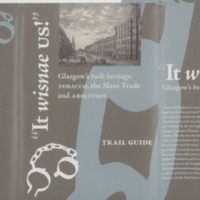
“It wisnae us!” Glasgow’s built heritage, tobacco, the slave trade and abolition
By the mid-18th century, Glasgow dominated Britain's tobacco and sugar imports, and the city was also involved in the slave trade. In 2007 Glasgow Built Preservation Trust (GBPT), in partnership with Glasgow Anti Racist Alliance, developed an exhibition linking Glasgow’s built heritage with the…
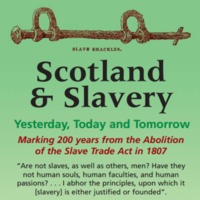
Scotland and Slavery
Action of Churches Together in Scotland (ACTS), which brings together nine Scottish denominations, marked the bicentenary with the Scottish Ecumenical Service to commemorate abolition held in the David Livingstone Centre in Blantyre in June 2007. The group also published a leaflet, ‘Slavery and…
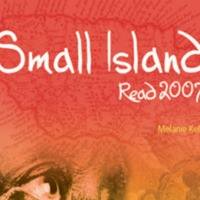
Small Island Read 2007
This community-based mass reading scheme drew together partners from four areas of the UK; Bristol and the South West (Great Reading Adventure), Liverpool and the North West (Liverpool Reads), Hull (Hull Libraries) and Glasgow (Aye Write! Bank of Scotland Book Festival). 50,000 free copies of Andrea…
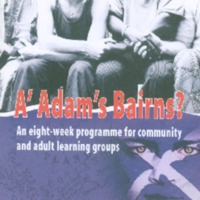
A' Adam's Bairns? Exploring equality and diversity in Scotland past and present
A’ Adam’s Bairns? is an educational resource pack produced in 2007 by a partnership of the National Library of Scotland and the Scottish Development Education Centre (Scotdec). The project explored equality and diversity both past and present, and looked at the attitudes and behaviours which…
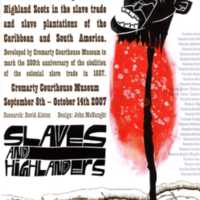
Slaves and Highlanders
An exhibition developed by Cromarty Courthouse Museum in the Scottish Highlands recording the role of Highland Scots in the slave trade and slave plantations of the Caribbean and South America and, in particular, British Guiana. The striking illustrations were by John McNaught. The exhibition told…
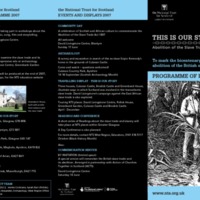
This is Our Story
To mark the bicentenary, the National Trust for Scotland put together a wide-ranging programme of events to engage their audiences with Scottish connections to slavery and abolition. Three National Trust for Scotland properties in the West of Scotland – Culzean Castle, Brodrick Castle and…
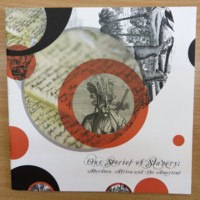
Our Stories of Slavery: Aberdeen, Africa and the Americas
The Our Stories of Slavery events programme ran from May to October 2007, co-ordinated by the Arts Development team at Aberdeen City Council. The project examined all aspects of Aberdeen's links with slavery and the transatlantic slave trade, including the role of Aberdonian landowners as slave…
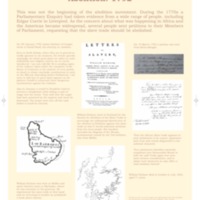
Dumfries and Galloway and the Transatlantic Slave Trade
An exhibition exploring the connections between the Scottish region of Dumfries and Galloway and the transatlantic slave trade toured Dumfries Museum, the Stewartry Museum in Kirkcudbright and Stranraer Museum. At each venue, the exhibition was accompanied by displays of material and a lecture. The…
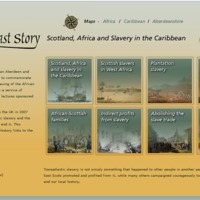
A North East Story: Scotland, Africa and Slavery in the Caribbean
This online exhibition and learning resource linking the history of transatlantic slavery to North East Scotland was organised by an Aberdeen and Aberdeenshire Bicentenary Committee, including representatives from Aberdeenshire Council, Aberdeen City Council, the University of Aberdeen, the Robert…
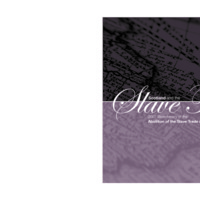
Scotland and the Slave Trade
The official publication to mark the bicentenary from One Scotland, the Scottish Executive.
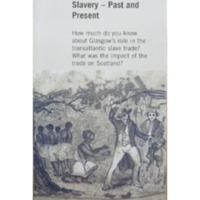
Towards Understanding Slavery: Past and Present
The Towards Understanding Slavery: Past and Present initiative by Glasgow City Council aimed to increase understanding of the human effects of the transatlantic slave trade, and explore its impact on Scotland's national heritage and Glasgow's history. A series of events, exhibitions and education…
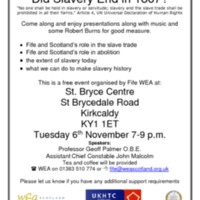
Did Slavery End in 1807?
An evening of presentations and music organised by Fife Workers' Educational Association, examining Fife and Scotland's role in the slave trade and abolition, and efforts to end contemporary slavery.
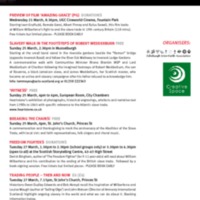
Marking the 200th anniversary of the Abolition of the Slave Trade
A programme of events to mark the bicentenary was organised by Edinburgh Inter-Faith Association. This included a slavery walk in the footsteps of Robert Wedderburn, a commemoration and thanksgiving service at St John's Church in Edinburgh, and a debate and discussion on the theme 'Trading People -…
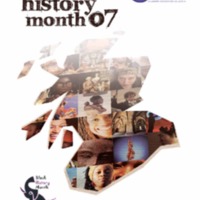
Black History Month 07
Glasgow Anti Racist Alliance (GARA) organised a programme of events for Black History Month in October 2007 with a particular focus on the bicentenary and engaging people in the importance of Black history. GARA were supported by Glasgow City Council Education Services and Culture and Sport Glasgow.…
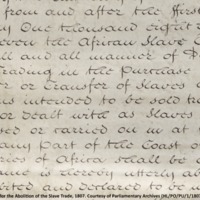
Voices from Africa
To commemorate the bicentenary, St Mungo Museum of Religious Art and Life (with support from the Scottish Museum Council) explored the social and economic legacies of slavery, including racism and cultural stereotyping. The museum worked with members of Glasgow's African and African Caribbean…
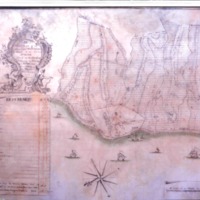
From Slavery to Freedom: Grenada to Paxton
Paxton House in Berwickshire was once owned by Ninian Home, the owner of two sugar plantations on the island of Grenada. The Wedderburn Papers, part of the house archives, contain some 2,000 documents relating to the Grenada properties between the 1760s and the 1840s. In 2007, the Paxton Trust began…